
Secrets of a CEO Coach
Your Personal Training Guide to Thinking Like a Leader and Acting Like a CEO
Recommendation
A coach is not just out on the athletic field praising your eight-year-old’s big score. Today, coaches are common in executive offices, pumping up professional skills from public speaking to public relations. As a consultant to business leaders and politicians, Debra A. Benton shares her insights into business coaching to hone professional skills. She helps prepare you to hire and work with a professional coach. If you would rather save the money and the time by teaching yourself, you can follow her sections on self-coaching. In these chapters, she delves a little more deeply into both psychological motivation and professional technique. Her book is filled with wit and wisdom on a variety of topics, including attitude, mindset, discipline, achievement, perception, physical cues, and emotional energy. getAbstract recommends this book to those who want a boost - whether hired by the hour or self-driven - in their work-related skills.
Summary
About the Author
Debra A. Benton is president of the research and consulting firm Benton Management Resources, Inc., which works with many international corporations. She writes for Time, BusinessWeek, Fortune, The New York Times, The Wall Street Journal, and USA Today. She is a featured guest on network news and interview programs, and is the author of three books, including the bestseller How to Think Like a CEO. She has been a personal coach for twenty years.



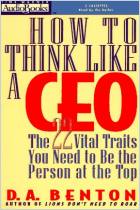
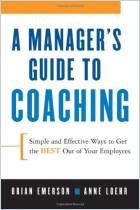
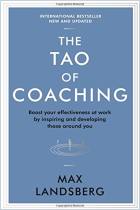

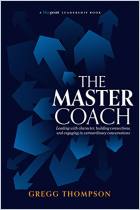
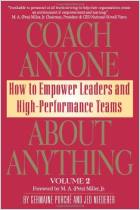
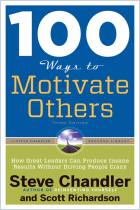




Comment on this summary